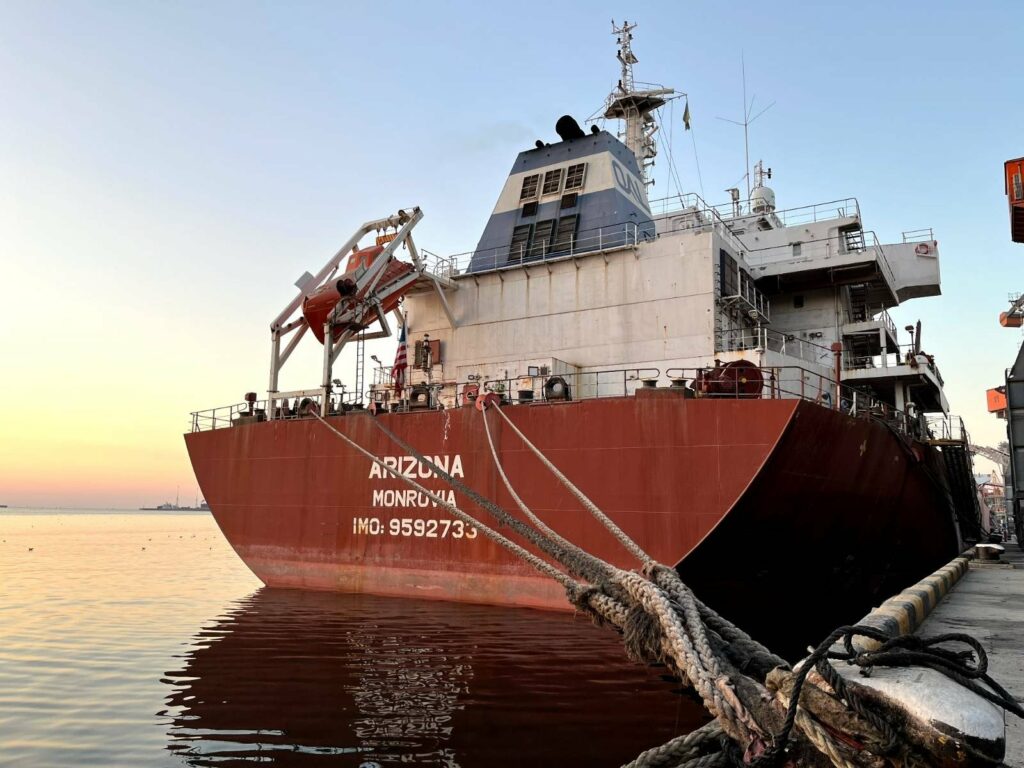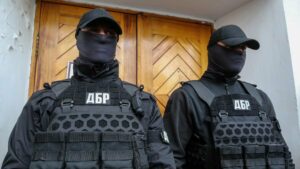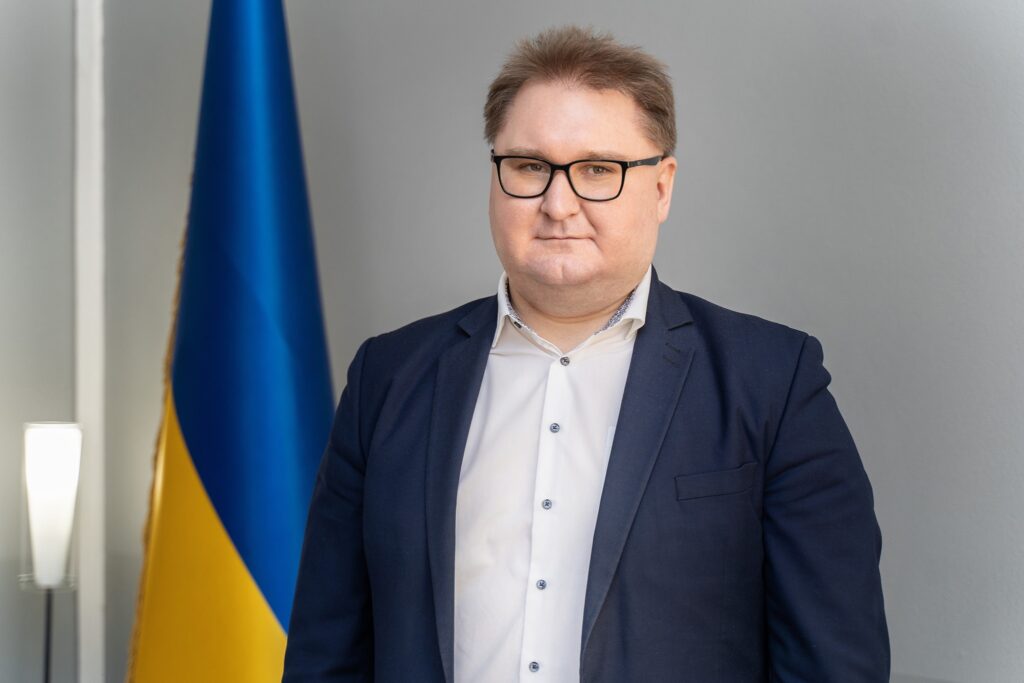The MIU explained why the Russian Federation almost does not approve of ship inspections

The Russian side almost does not approve of carrying out inspections of ships heading to the port of Pivdennyi, because the ammonia pipeline is not working.
This opinion was shared by the Deputy Minister of Infrastructure Yuriy Vaskov in an interview with Latifundist.
“This information is available on the USPA website and everyone can see it. Why Southern? As representatives of the Russian Federation in the JCC verbally declare, this is due to the fact that the Tolyatti-Odesa ammonia pipeline is not working. We made an official request to the secretariat of the JCC, but we still have no answer. But the fact is the fact: in the daily plan of registration and inspection, vessels bound for the Port of Pivdennyi are crossed out,” Vaskov noted.
According to him, the “quota principle” currently does not work in ports – there is only a live queue mode. Three queues to each of the ports — Odesa, Pivdennyi and Chornomorsk — are published on the USPA website. And every day, the UN, Turkey, and Ukraine submit ships for inspection according to a live queue.
“We will discuss with the market what principle to work on when the effective operation of the corridor resumes. To do this, we meet weekly with Minagro, with exporters, traders, and terminals. The format of the market should be determined depending on the number of daily inspections. That is, it is necessary to choose a principle according to which to work more efficiently. Either it’s quotas, when each port operator, understanding how many ships can handle, or it’s a live queue,” Vaskov said.
To the question of whether Ukraine is ready to unblock the operation of the ammonia pipeline, Yuriy Vaskov replied that “the position of President Volodymyr Zelenskyy was publicly voiced on this matter.”
Vaskov also commented on other achievements of the Russian Federation — the lifting of sanctions from Rosselkhozbank, restrictions on insurance and access to ports for Russian ships and cargo.
“These demands are mainly addressed to our international partners. In them, the Russians, among other things, refer to the memorandum concluded with the UN. Therefore, this is not our question, but rather concerns the UN and their memorandum with the Russian Federation. For our part, we certainly did not link the “grain agreement” with any memoranda,” said the deputy minister.





